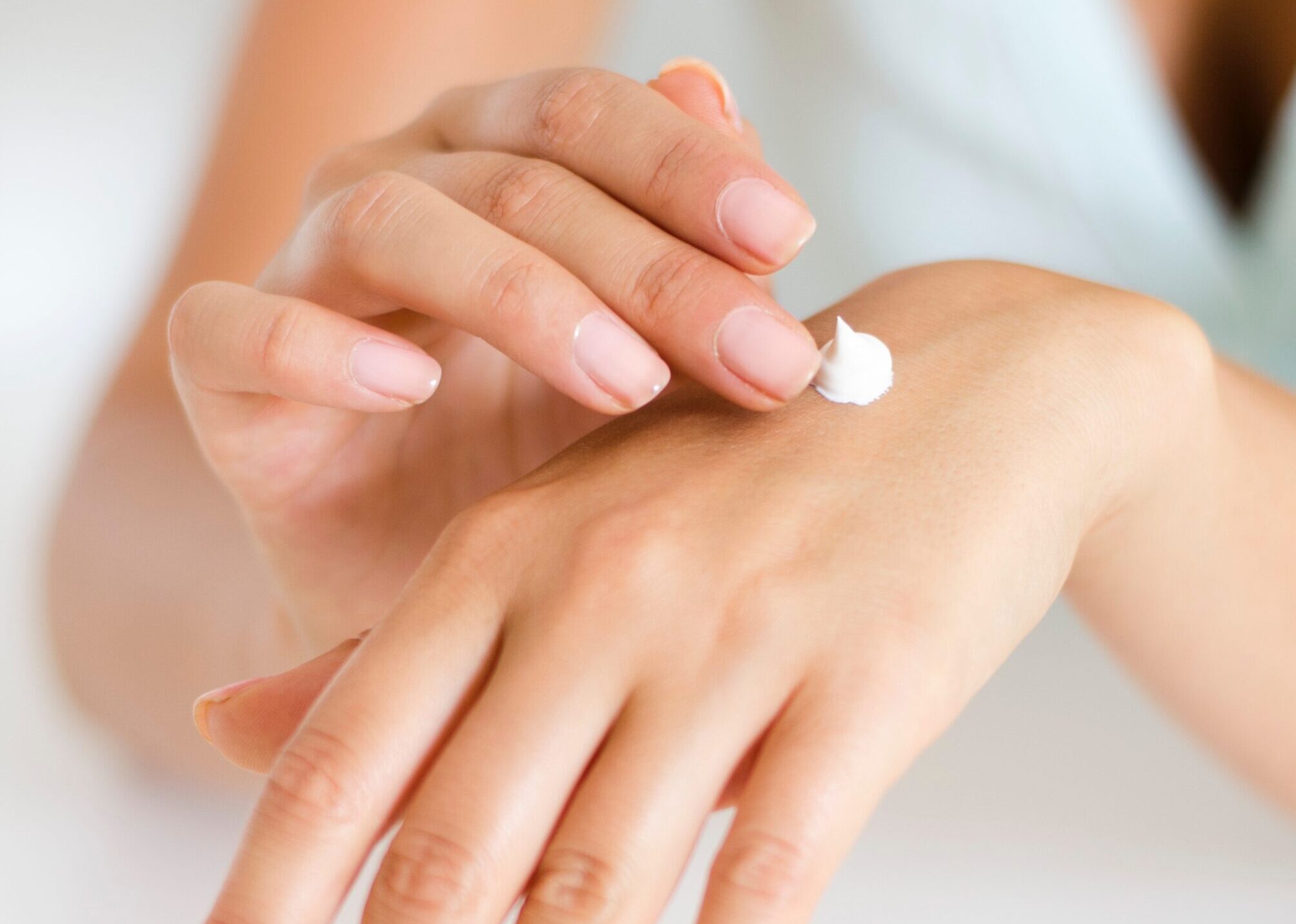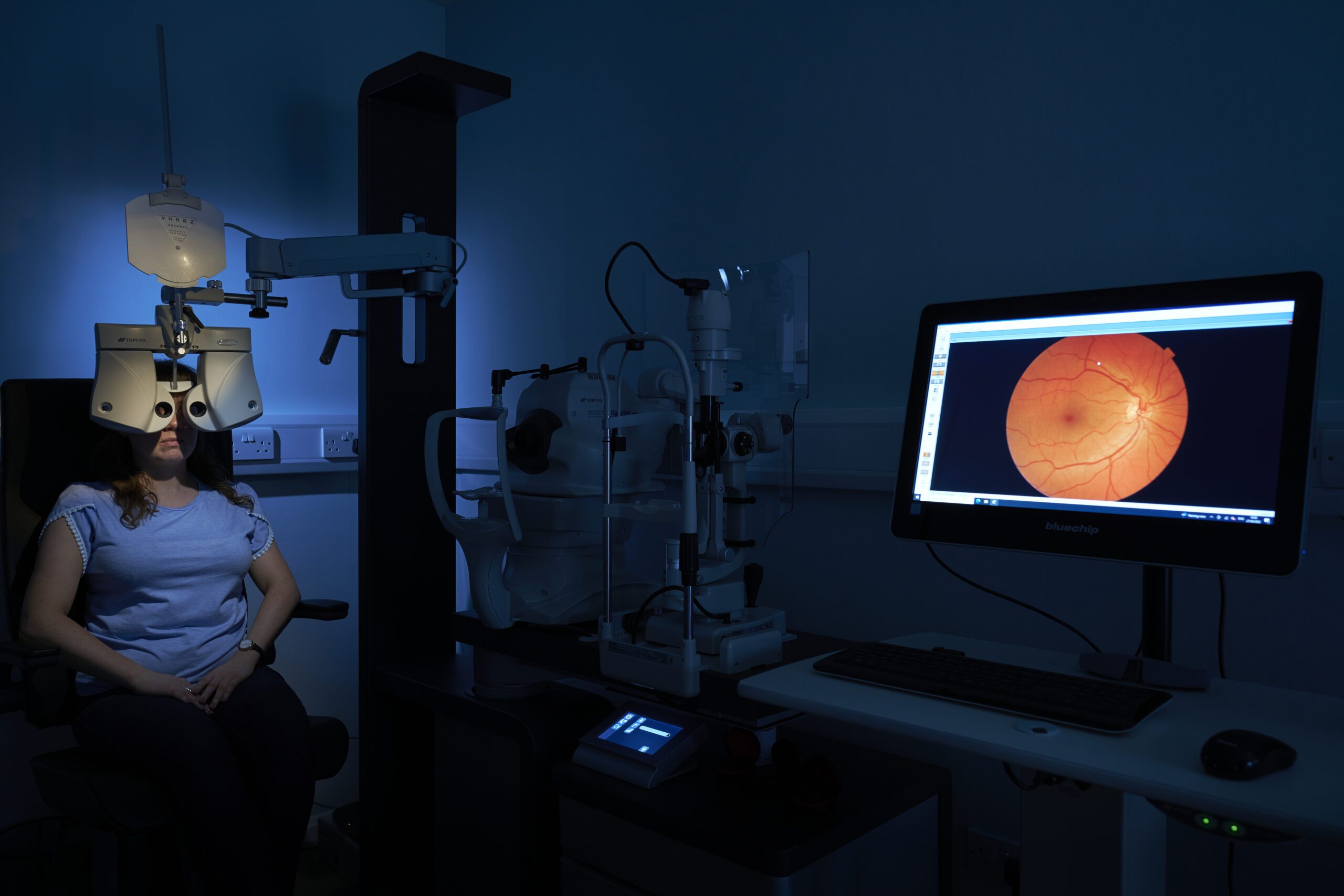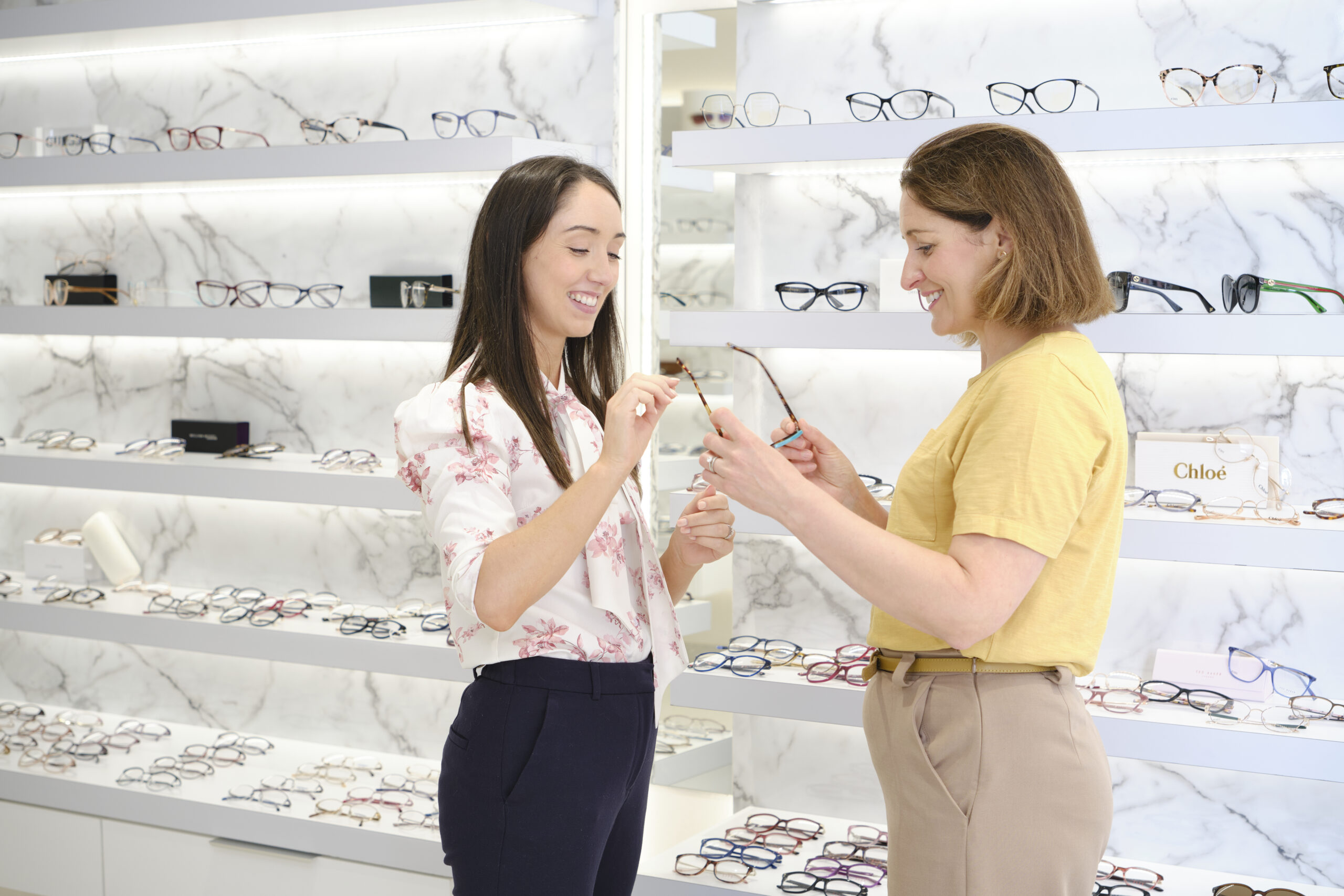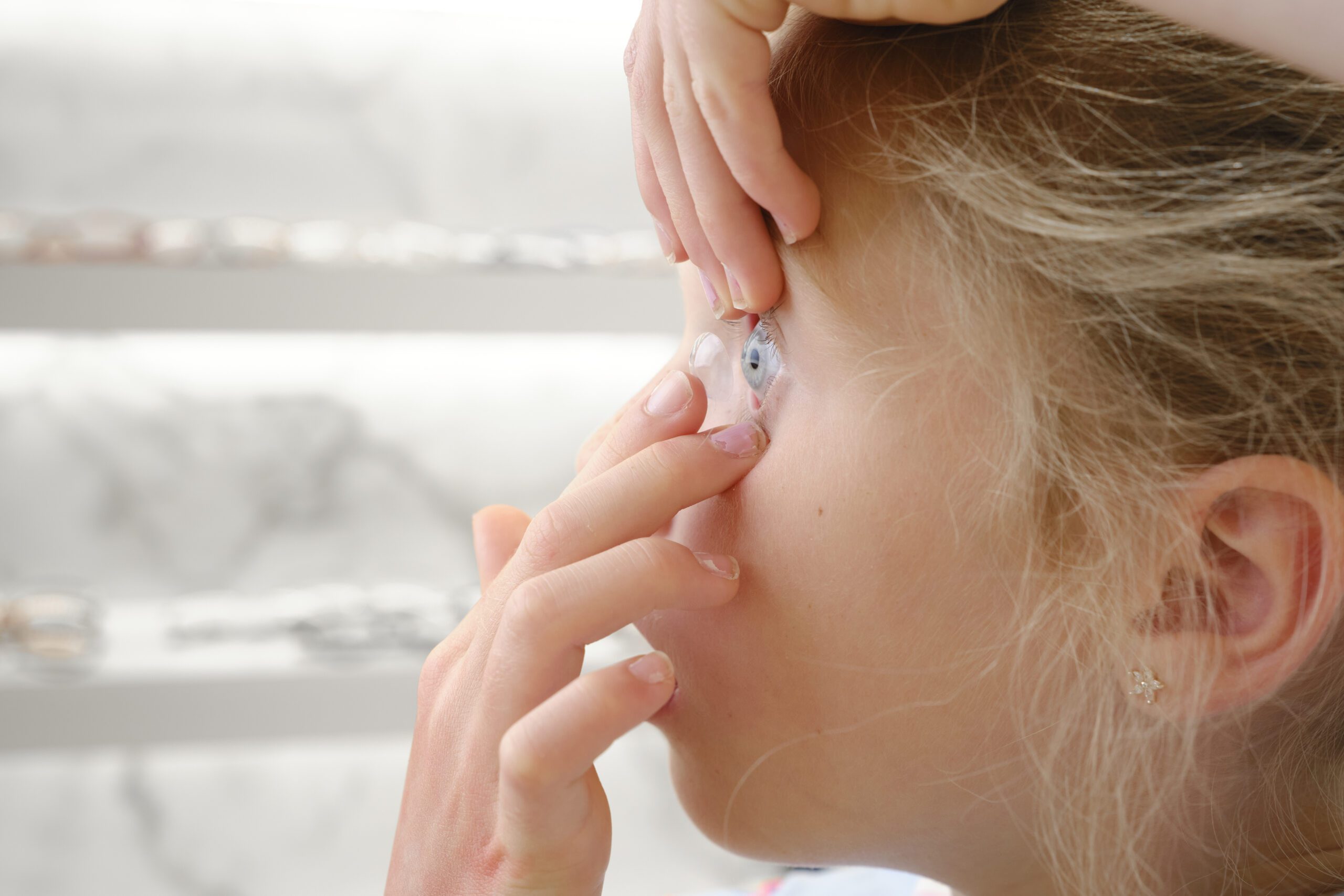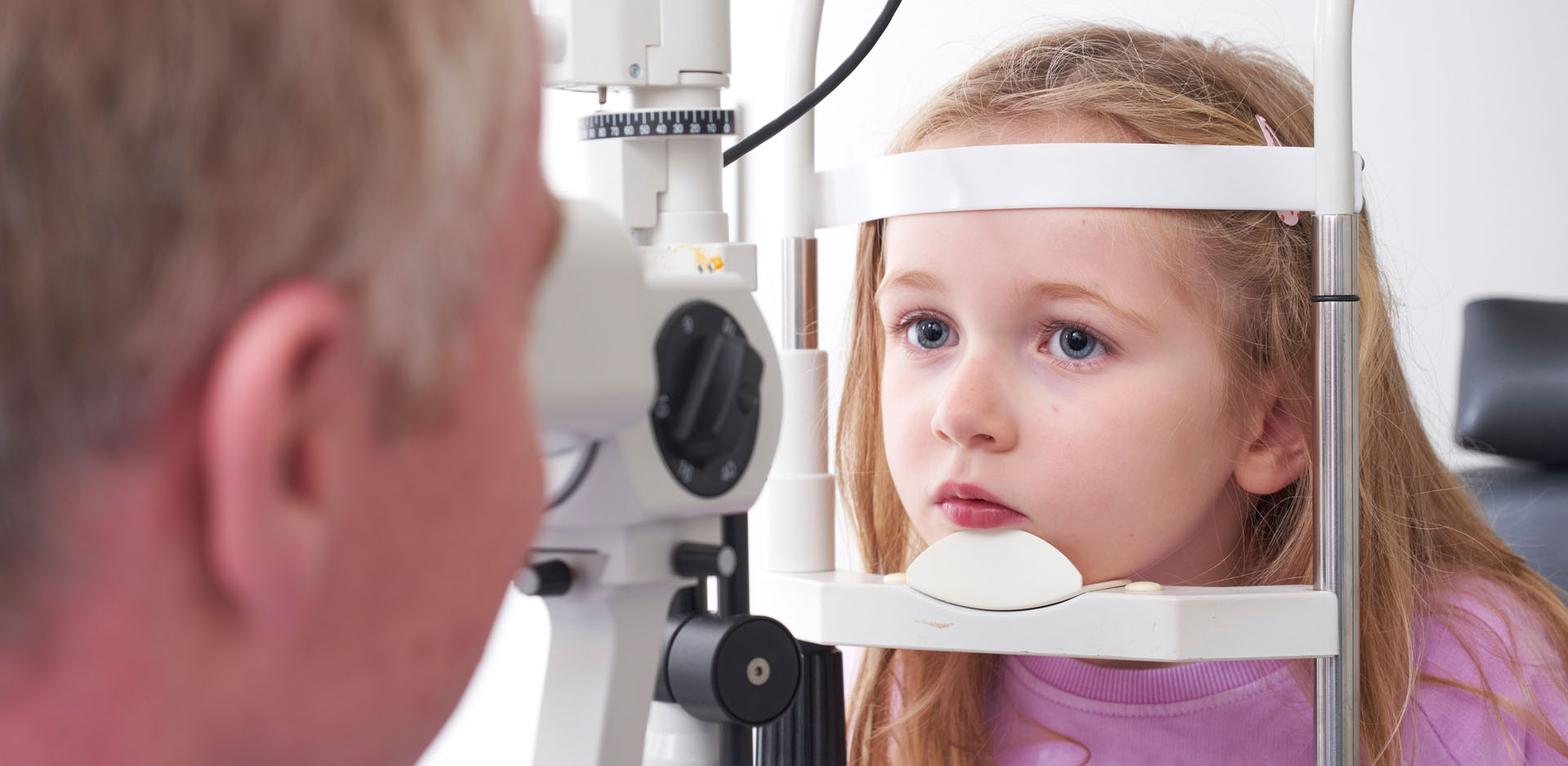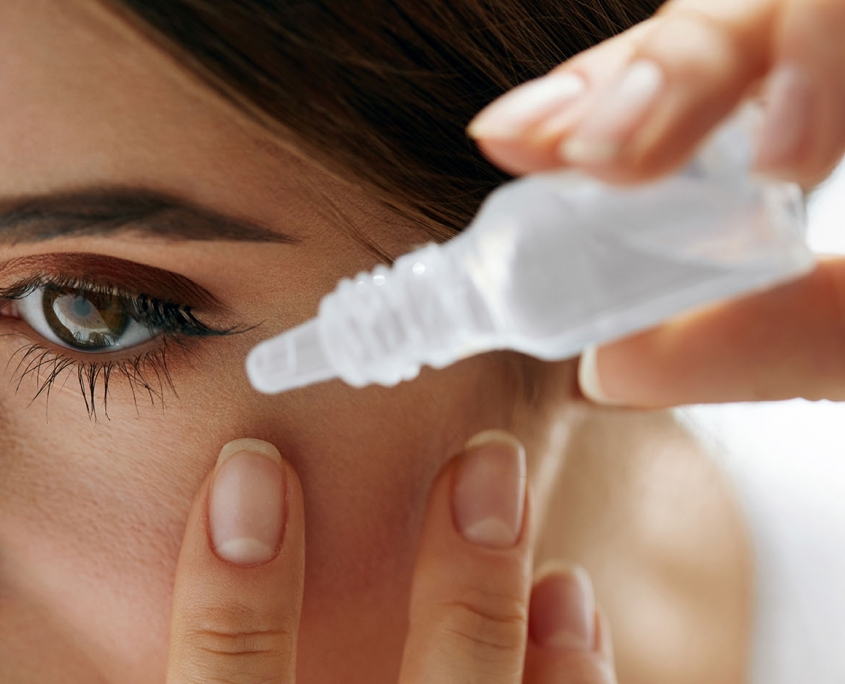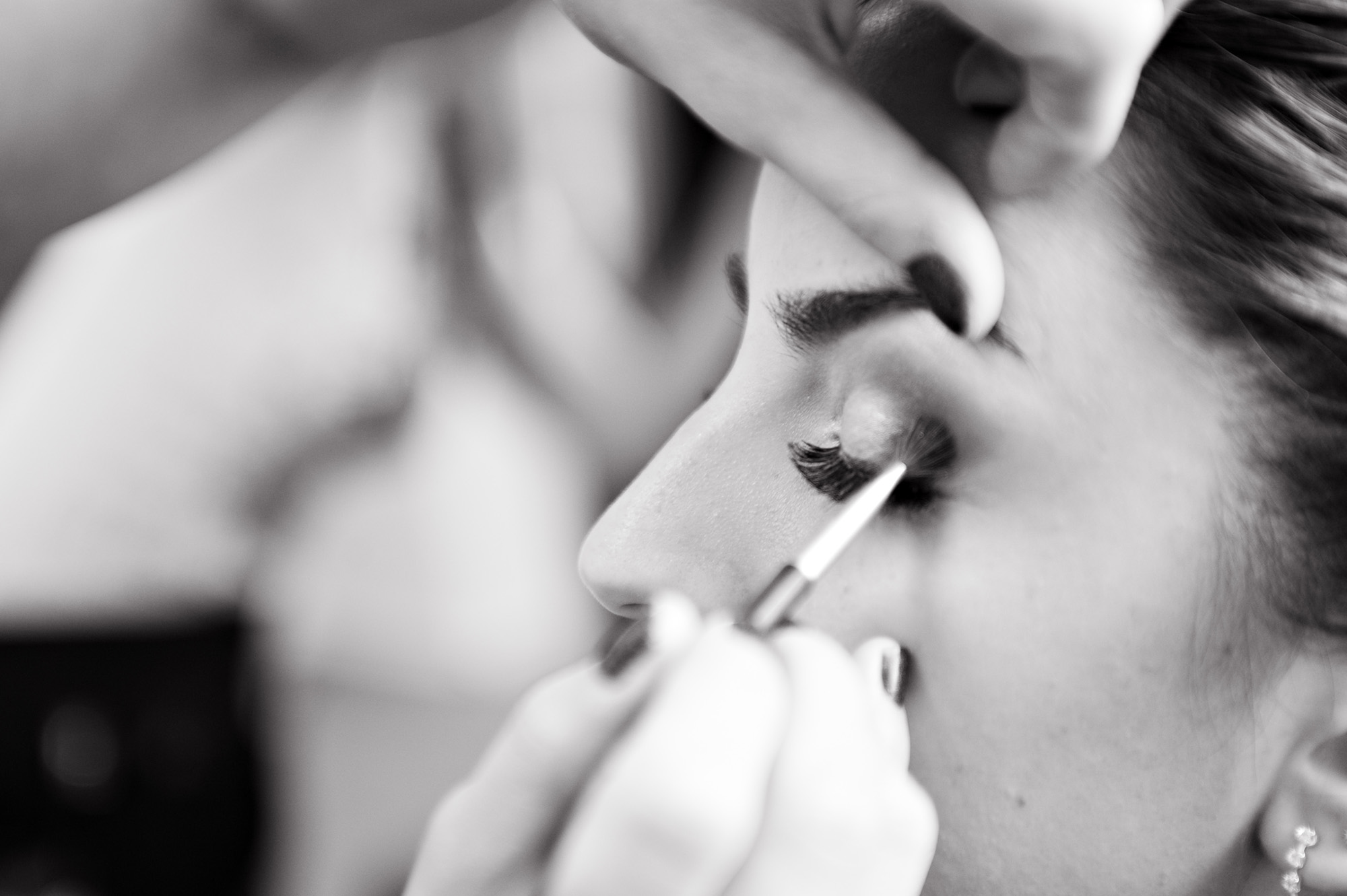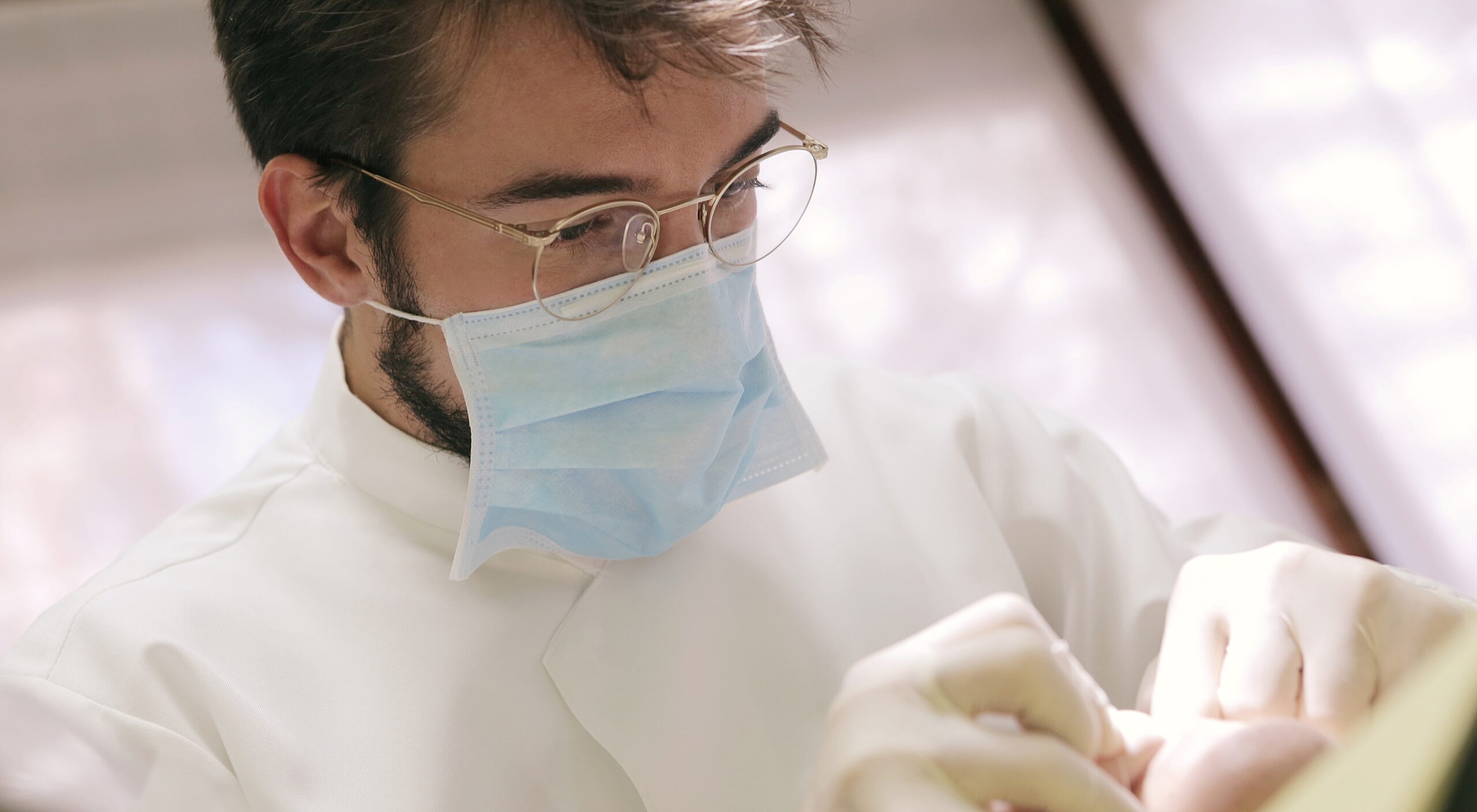Ladies, when you walk into a beauty shop or your local beauticians, do you request a clean brush to test the make-up or lipstick or do you use what has already been used? Do you share the same brush for your make-up or the same lipstick or lip gloss with your friends? How often do you clean the brushes you use? Do you check your product expiry date?
According to findings published in the Journal of Applied Microbiology, the vast majority of make-up products such as mascara, lip gloss, lipsticks and sponges are contaminated with potentially life-threatening superbugs because most of them are not cleaned and are used far beyond their expiry dates.
As an optician I have noticed that many who wear eye make-up are unaware of some of the potential negative effects. Here are some ways to ensure make-up doesn’t affect your eye health.
Check how long you can keep it for
According to research by the College of Optometrists over half of make-up users do not check the instructions to see how long they should keep their mascara on for, with almost a fifth admitting they didn’t even know that expiry information existed.
As you’d expect the eye includes the globe, but also the eyelids, and is vulnerable to infection. As many contact lens wearers will know the more you touch your eye the more likely it is to be infected. Therefore applying make-up to the eyelids daily, particularly if your kit is not clean or past it’s due date, can lead to problems with the eyelids, the tear film and the eye itself.
Soot particles in mascara can also get into the small oil producing pores along the length of the eyelid margin and block them. These meibomian gland pores produce the essential oil required for a stable tear film. Blocking these pores causes a chronic inflammatory reaction in the eyelid called posterior meibomitis which is the most common cause of red eyes, dry eyes and irritated eyes.
Most beauty products come with preservatives to stop bacteria from growing. Expiry dates on cosmetics are calculated based on the length of time the preservatives in the product are able to control contamination.
To avoid contamination, make sure you discard make-up that has passed the expiry date, don’t apply make-up if you have an infection or broken skin and avoid sharing cosmetics with friends.
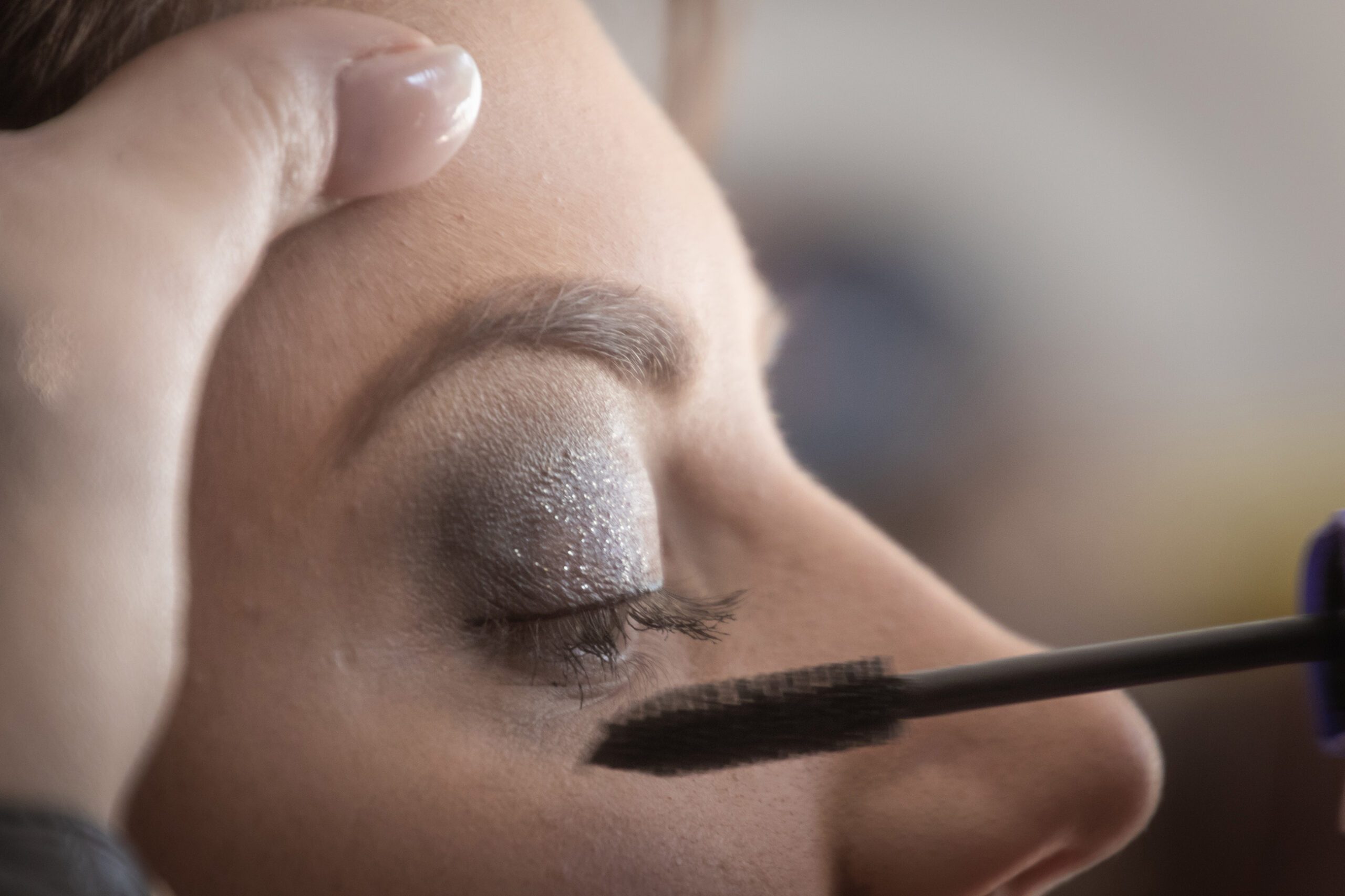
Wash your brushes
Make-up brushes will gather bacteria and dirt over time. This means every time you go to apply make-up using that brush you may be spreading bacteria and dirt onto your eyelashes, eyelid margins and possibly onto your cornea. Eyelash curlers can also build up bacteria, so the more you use them the more you chance you have of re-applying potentially harmful bacteria – all eyelash curlers need to be thoroughly cleaned on a regular basis.
In addition, sponges which are often used for applying foundation are particularly susceptible to contamination as they are often left damp after use, which creates an ideal breeding ground for harmful bacteria.
So to avoid germs from cosmetics brushes and sponges, they should be cleaned often with warm soapy water.
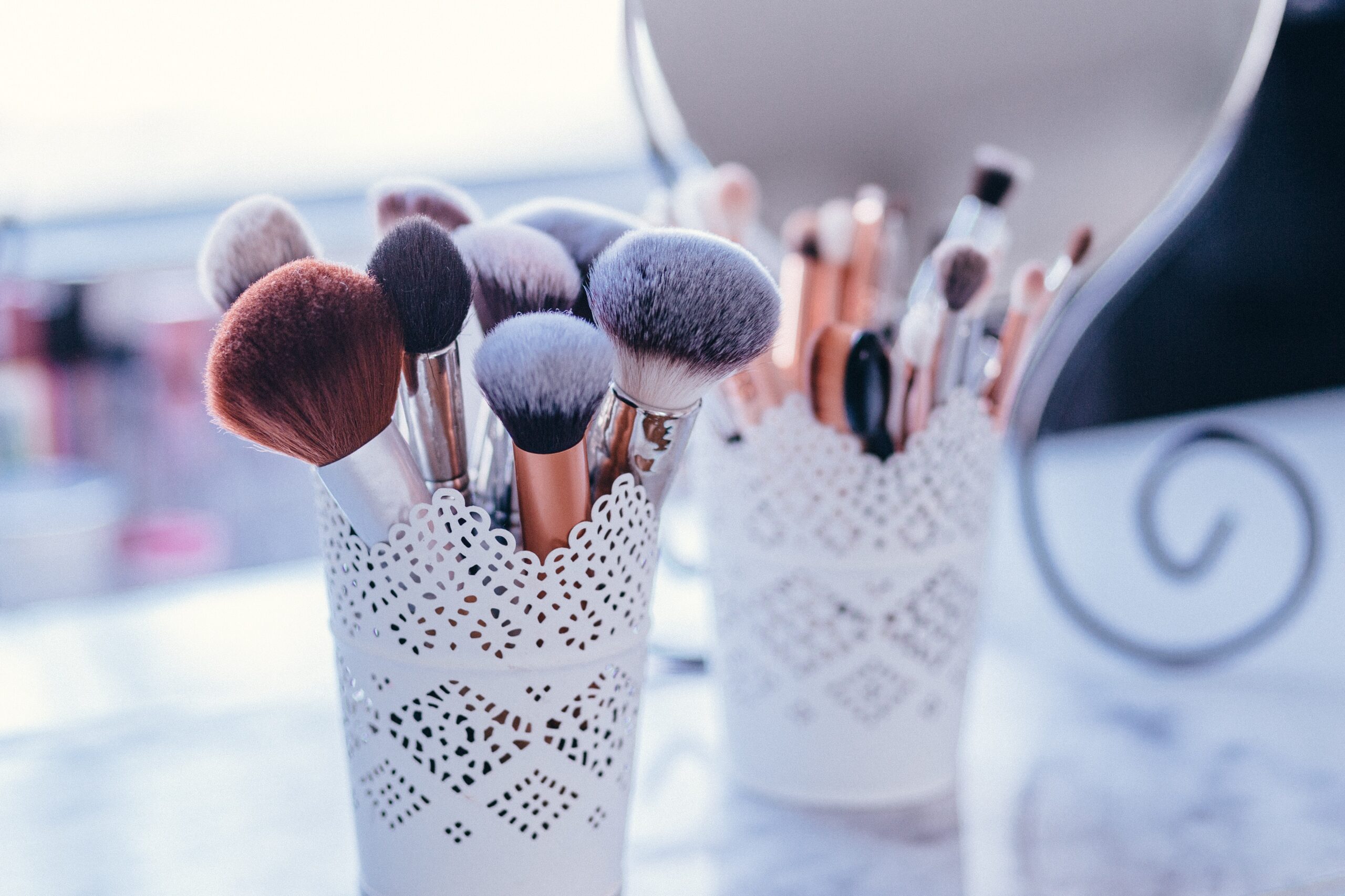
Don’t Share Make-up
You would never share a toothbrush, so consider why would your share mascara or eyeliner? The principle is the same. A toothbrush carries bacteria much like a mascara brush does.
Don’t apply make-up on the move
Applying any sort of eye make-up while on the move or on a bumpy journey can be potentially dangerous. As a worst case scenario, you could scratch your cornea which can lead to a corneal abrasion. Corneal abrasions can be very painful, associated with severe discomfort, tearing and redness but more seriously can lead to bacterial infections of the cornea itself.
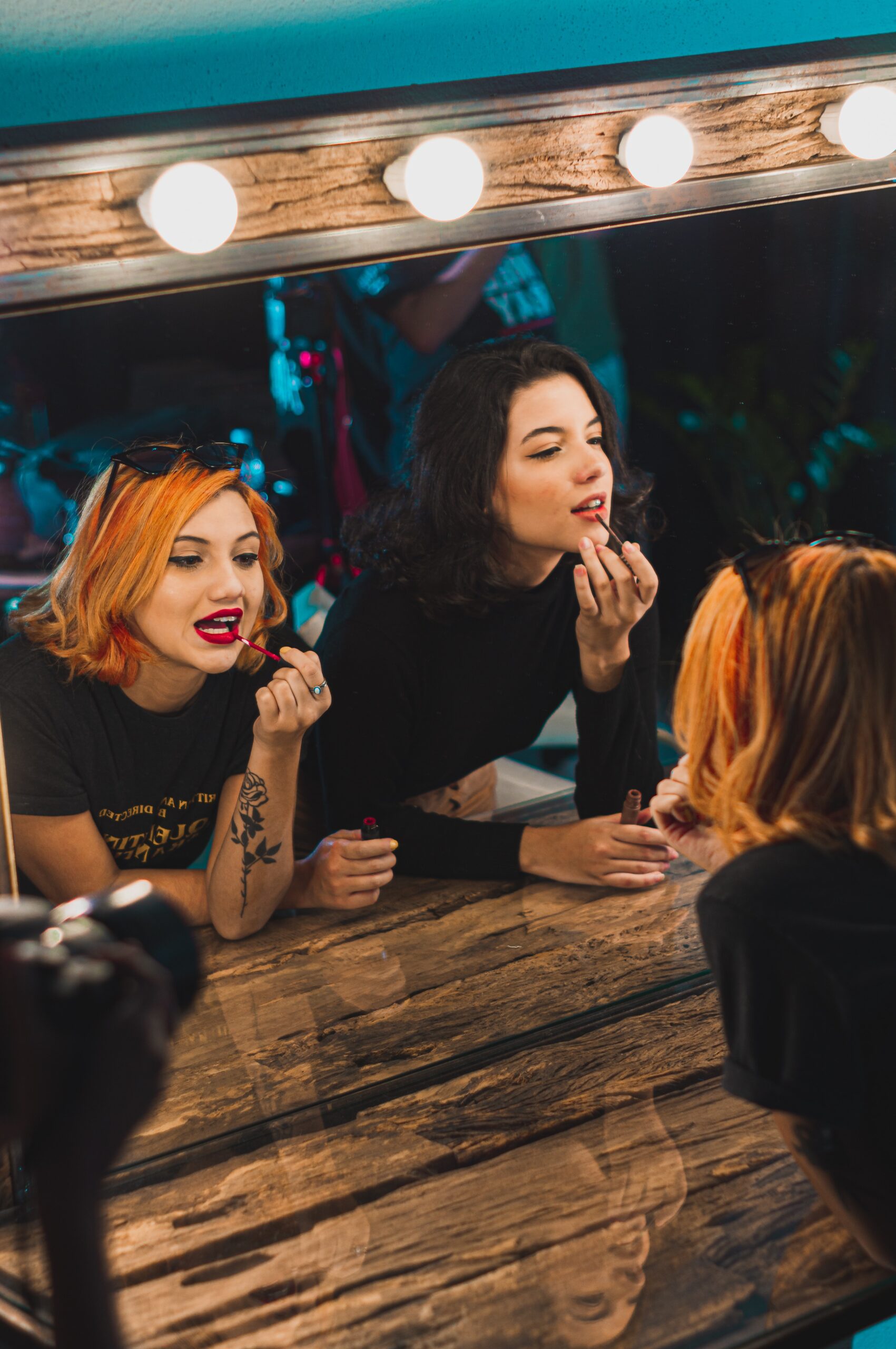
Be careful when using false eyelashes
Applying any type of adhesive near your eye can cause problems if glue enters the tear film or ocular surface. Glue onto the ocular surface can cause abrasions, bacterial infections which can lead to scars and potentially permanent visual damage which may require (laser) surgery to restore vision. While extra-long lashes are the preference for many, they have been shown to possibly act as a wind-tunnel forcing air (and particles) directly into the eye making them drier and dirtier. Always carefully apply and remove them.
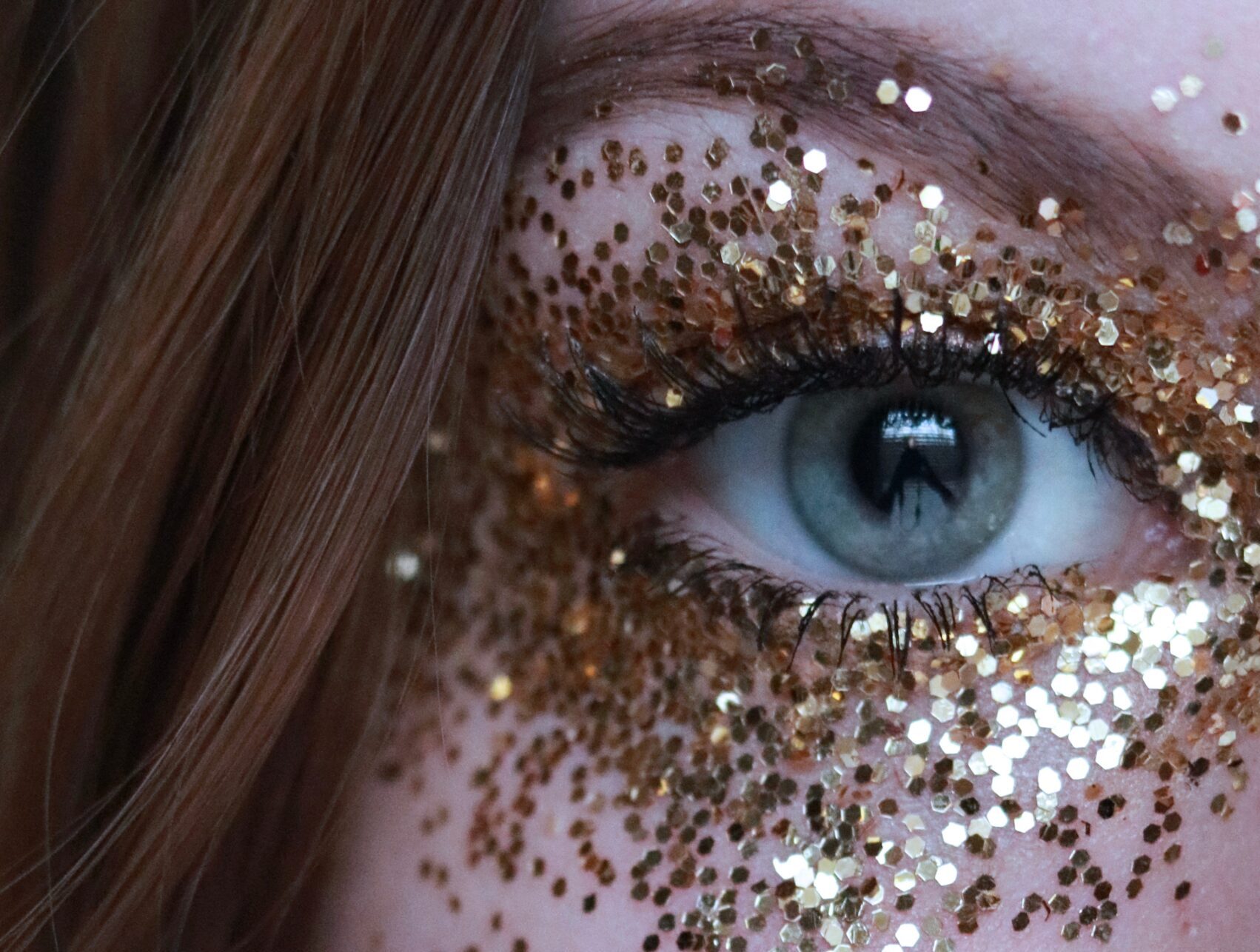
Wash it off at night – with the right product
Removing your make up may feel like the last thing you feel like doing after a night out but leaving make-up on over night only compounds the problems. Failing to wash off mascara or eyeliner is only going to increase the chances of bacterial and oil build up with eyelid inflammation.
Always gently remove eye make-up to avoid rubbing any bacteria back into your eye, which could lead to redness, irritation and potentially infection.
Test products before use
It’s of course important to test cosmetic products before applying them properly, especially when it’s so close to a vital body part such as the eye. And NEVER apply cosmetics when you have or are recovering from an eye infection!
We all want to look our best but following simple steps can greatly reduce the chances of harming the health of your eyes while making them radiant and sparkling.
Brendan McCreesh, principal optician, PH.D BCs MCOptom
